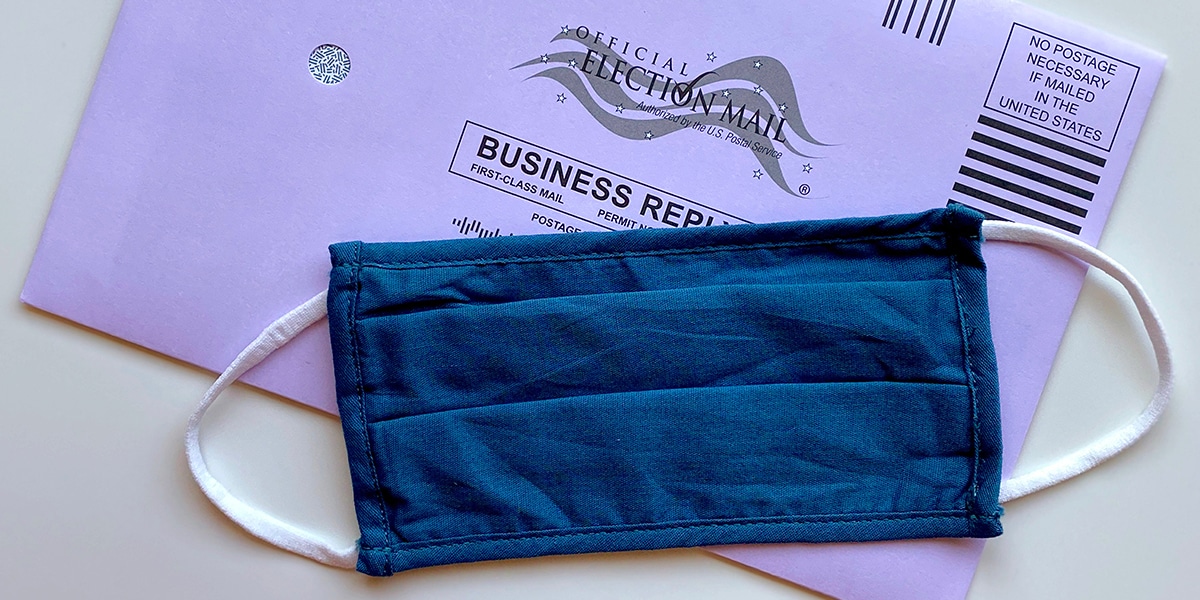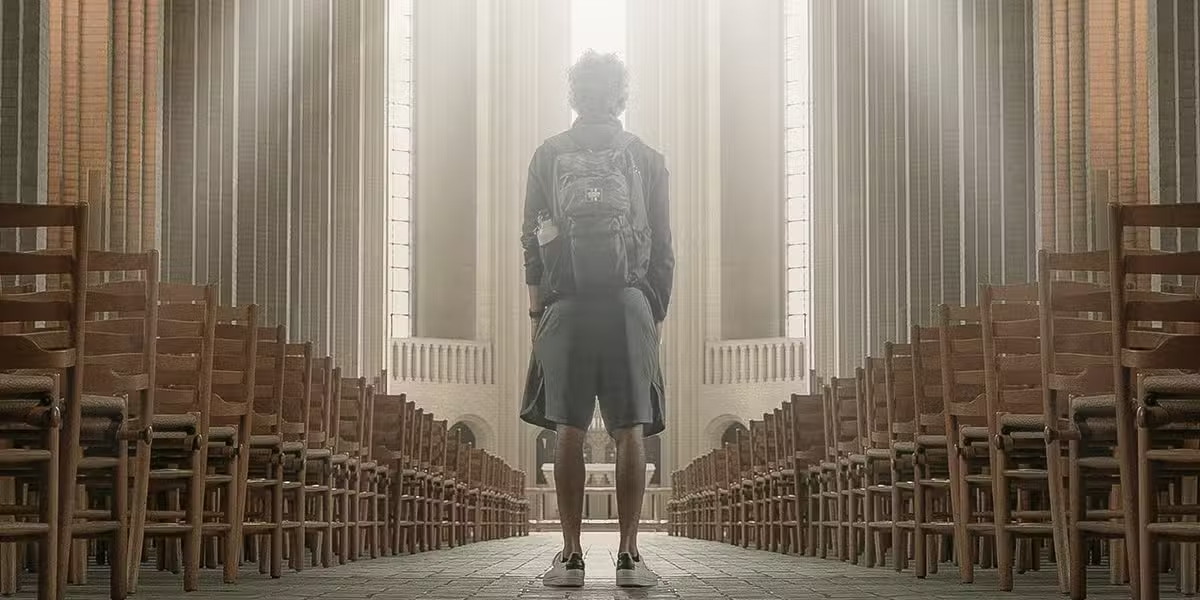When I’m disillusioned by the rhetoric surrounding this year’s election, I focus on a quote from Father Theodore Hesburgh: “Voting is a civic sacrament.” Hesburgh, as a white American, likely never faced opposition when he voted, as nonwhites had in southern states before 1965. Frankly, he had the luxury to be optimistic about this civil liberty.
But that doesn’t mean he isn’t right. Voting is a sacred privilege, our civic responsibility to select the candidates who will best serve our country. And while voting is our duty, for some it’s not a priority. According to the United States Election Project, 139 million Americans voted in the 2016 election—only 60 percent of the population.
The 2020 election, however, is a different animal entirely. COVID-19 has made voting in person irresponsible, if not dangerous. Voting by mail, the logical alternative, has been called into question these past couple of months as unreliable. The possibility of not having our votes accurately counted has suddenly become real.
A Thorny History
Our country’s history with voting for those outside the white/male paradigm is appalling. Abolitionists first proposed extending voting rights to newly freed slaves during Reconstruction, and it was an uphill battle from the start. Although the 15th Amendment in 1870 assured the rights for men of any color to vote, Jim Crow laws in southern states made it all but impossible.
Several tactics were used at the time to keep voting a whites-only exercise. Literacy tests, moral character exams (the irony is too rich), and poll taxes were instituted to keep African Americans from exercising this right. It wasn’t until President Lyndon Johnson signed the Voting Rights Act in 1965, prohibiting racial discrimination with voting, that progress was made. Suffragettes had their own bloodied journey to the polls as well.
COVID-19 has only complicated this year’s election. Science and common sense tell us that wearing masks and social distancing can slow the spread of the disease, so gathering to vote in enclosed spaces would be hazardous. Hence, the need for safe and reliable mail-in voting. But how many of us will put this privilege into practice? A 2020 Pew Research study found that, while mail-in voting statistics differ from state to state, overall rates across the country are relatively low. But COVID-19 has turned absentee voting from an option in past elections to a necessity in this one. And then the noise began—on both sides of the political aisle.
President Donald Trump said in August that he opposed funding the United States Postal Service to deter mail-in voting, asserting that an influx of ballots cannot be accurately counted, thus undermining the integrity of the election. His opponents have charged the president with political gamesmanship to guarantee his reelection. Whatever the president’s motives, voter suppression is certainly a regression. If there’s a chance that mail-in votes won’t be counted, which would include ballots from American soldiers overseas, the election becomes pointless.
Pray, Discern, Vote
To be clear: Voter suppression is a bipartisan strategy. It has been employed by both parties historically. But never has America had to deal with a presidential election and a pandemic that has killed so many of its own in the same year. If a candidate threatens, through rhetoric or legal action, to invalidate our votes, it is a threat to democracy. But it cuts even more deeply: Peel a layer back and it is our own individual worth as citizens that is being undermined.
It’s an unprecedented moment in our history, and it hasn’t gone unnoticed. Pope Francis, in fact, has had his eye on this election all year. In a January meeting with the US bishops in Rome, before COVID-19 got a foothold in this country, the pope imparted words of wisdom on the election to those present. “Teach your people discernment by you stepping back from the sheer politics of it. If you try to step back and say, ‘but here are the major moral issues that we face,’ that’s what is most important,” the pope was quoted as saying.
That’s a good reminder. In every election, we as citizens and as Catholic Christians must shoulder the weight of many social issues when we vote, not just one or a few. That requires discernment, prayer, and voting our conscience.
But perhaps our prayers should also include a petition that our ballots will be counted, that our government officials will respect this civic sacrament, and honor the rights of those who voted for them. Only then do they deserve our vote of confidence.








